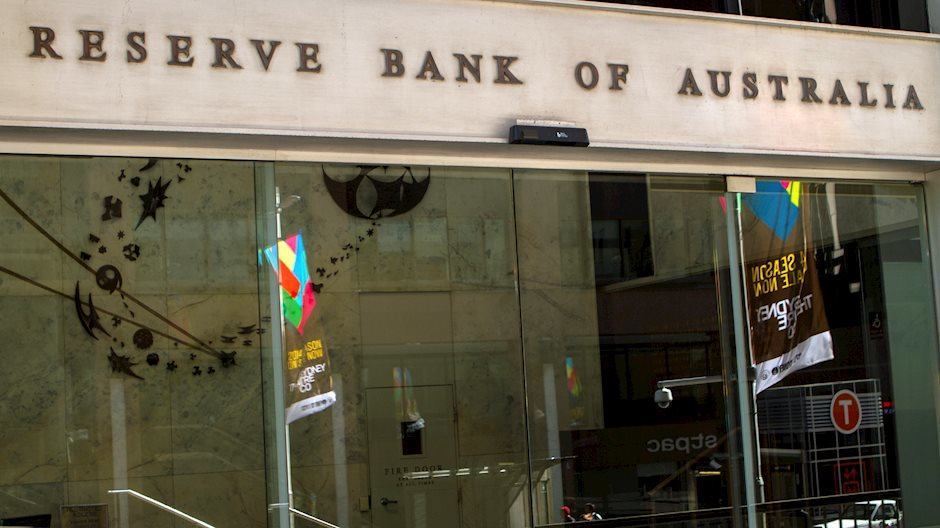RBA Minutes: Upside inflation risks have diminished

The Reserve Bank of Australia (RBA) published the Minutes of its December monetary policy meeting on Tuesday, highlighting that the board had gained confidence in inflation since the prior meeting, but risks remained. Policy needed to be "sufficiently restrictive" until confident about inflation.
Key quotes
Policy needed to be "sufficiently restrictive" until confident about inflation.
The board had minimal tolerance for inflation remaining above target for too long.
The board had gained confidence in inflation since the prior meeting, but risks remained.
Future data in line or weaker than forecast would give more confidence on inflation.
It would then be appropriate to begin relaxing the degree of policy tightness.
If data proved stronger, it could mean a longer period before easing.
The board saw signs policy was not as restrictive as the level of the cash rate would suggest.
The labor market was resilient, and service inflation was more persistent.
Wages had slowed more than expected, which could mean the labor market was not as tight as thought.
Monthly CPI suggested a modest downside risk to Q4 inflation forecasts.
Upside inflation risks had diminished, and downside risks to activity had grown.
The board noted more data and updated forecasts would be available by the February meeting.
It was not possible to judge the impact on Australia of Trump policies until more is known.
Market reaction to the RBA Meeting Minutes
At the time of writing, AUD/USD is trading 0.15% lower on the day to trade at 0.6240.
RBA FAQs
The Reserve Bank of Australia (RBA) sets interest rates and manages monetary policy for Australia. Decisions are made by a board of governors at 11 meetings a year and ad hoc emergency meetings as required. The RBA’s primary mandate is to maintain price stability, which means an inflation rate of 2-3%, but also “..to contribute to the stability of the currency, full employment, and the economic prosperity and welfare of the Australian people.” Its main tool for achieving this is by raising or lowering interest rates. Relatively high interest rates will strengthen the Australian Dollar (AUD) and vice versa. Other RBA tools include quantitative easing and tightening.
While inflation had always traditionally been thought of as a negative factor for currencies since it lowers the value of money in general, the opposite has actually been the case in modern times with the relaxation of cross-border capital controls. Moderately higher inflation now tends to lead central banks to put up their interest rates, which in turn has the effect of attracting more capital inflows from global investors seeking a lucrative place to keep their money. This increases demand for the local currency, which in the case of Australia is the Aussie Dollar.
Macroeconomic data gauges the health of an economy and can have an impact on the value of its currency. Investors prefer to invest their capital in economies that are safe and growing rather than precarious and shrinking. Greater capital inflows increase the aggregate demand and value of the domestic currency. Classic indicators, such as GDP, Manufacturing and Services PMIs, employment, and consumer sentiment surveys can influence AUD. A strong economy may encourage the Reserve Bank of Australia to put up interest rates, also supporting AUD.
Quantitative Easing (QE) is a tool used in extreme situations when lowering interest rates is not enough to restore the flow of credit in the economy. QE is the process by which the Reserve Bank of Australia (RBA) prints Australian Dollars (AUD) for the purpose of buying assets – usually government or corporate bonds – from financial institutions, thereby providing them with much-needed liquidity. QE usually results in a weaker AUD.
Quantitative tightening (QT) is the reverse of QE. It is undertaken after QE when an economic recovery is underway and inflation starts rising. Whilst in QE the Reserve Bank of Australia (RBA) purchases government and corporate bonds from financial institutions to provide them with liquidity, in QT the RBA stops buying more assets, and stops reinvesting the principal maturing on the bonds it already holds. It would be positive (or bullish) for the Australian Dollar.
Author

Lallalit Srijandorn
FXStreet
Lallalit Srijandorn is a Parisian at heart. She has lived in France since 2019 and now becomes a digital entrepreneur based in Paris and Bangkok.

















